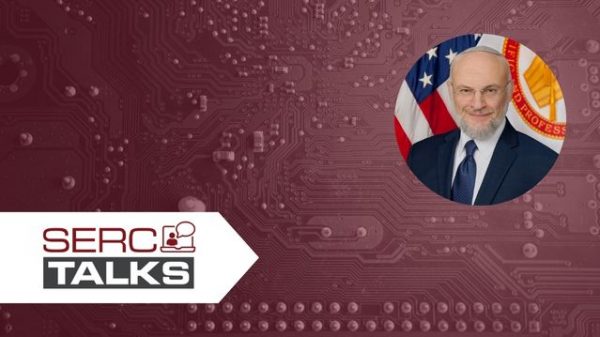
SERC TALKS: “Cyber Resilience: Technical Concept or Vague Desiderata?”
Apr 6, 2022 1:00pm - 2:00pm NJ

This is the second SERC Talk of the Spring 2022 series on “Cyber Resilience”. This series is curated and moderated by Dr. Peter Beling, SERC Research Council Member, Professor and Associate Director, Intelligent Systems Lab, Hume Center for National Security and Technology, Grado Department of Industrial and Systems Engineering at Virginia Tech.
Abstract
I will begin by lamenting the fact that cyber resilience remains a subject of much confusion and vagueness. It is time for a firmer, better defined intellectual framework for cyber resilience as a technical concept. I will outline two key reasons for pursuing cyber resilience, a military one and an economic one. Along the way, I will caution against a common mistake of conflating cyber security and cyber resilience. They are not the same. Then I will sketch the differences – as well as relative advantages and disadvantages – of two classes cyber resilience: resilience by design and resilience by intervention. I will discuss why autonomy is a key to resilience by design (and to some extent to any cyber resilience) and key features of intelligent autonomous agents for cyber defense and resilience. Regardless the means of achieving resilience, we will not make much progress without being able to measure resilience. We cannot improve what we cannot measure. I will discuss directions towards measuring cyber resilience, and bemoan yet another harmful conflation, that of assessing and measuring.
Details
Event
SERC TALKS: “Cyber Resilience: Technical Concept or Vague Desiderata?”
- Start Date
- April 6, 2022 @ 1:00 pm
- End Date
- April 6, 2022 @ 2:00 pm
- Event Link
- http://sercuarc.org/serc-talks/
Venue
Virtual
- Address
- NJ
Organizer
Systems Engineering Research Center (SERC)
- serc@sercuarc.org
- Website
- http://www.sercuarc.org/


